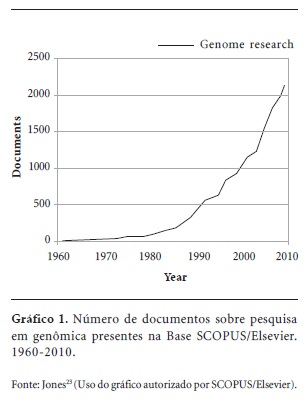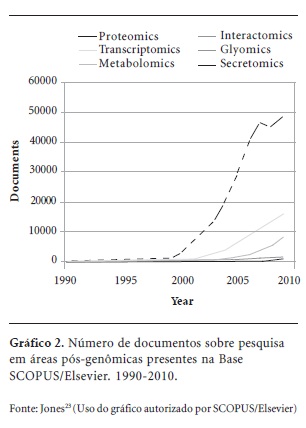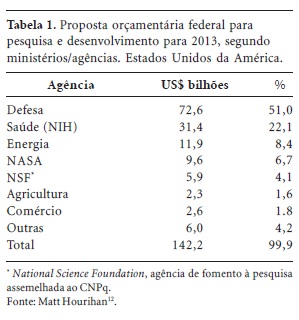Translational Research (TR) appears to be developing into the key health research issue of the beginning of this century. Initially proposed in the United States, TR is spread rapidly throughout both the developed and the developing world. This article discusses the main topics it covers, such as its definition and scope and the reasons why it has emerged in the USA and in this century. It examines the relationship between TR and the basic principles of US scientific policy established at the end of World War II. It sees the demands of a mighty pharmaceutical industry, currently facing a major crisis, linked to scientific genomic and post-genomic output impairments in terms of real innovative products and processes as being the explanation for US government intervention in biomedical research via the NIH. It realizes that it is not easy to predict the future of TR and suggests that it is not sustained by a solid conceptual and theoretical framework. It also discusses the opportunities and possibilities of TR in countries with nascent national innovative systems, such as Brazil. Lastly, it suggests that the existence of a universal health system can be an important tool to provide potential research answers tin health for the demands of innovation on the part of society.
Scientific policy; Technological policy; Translational research; Translational medicine; Translational science




